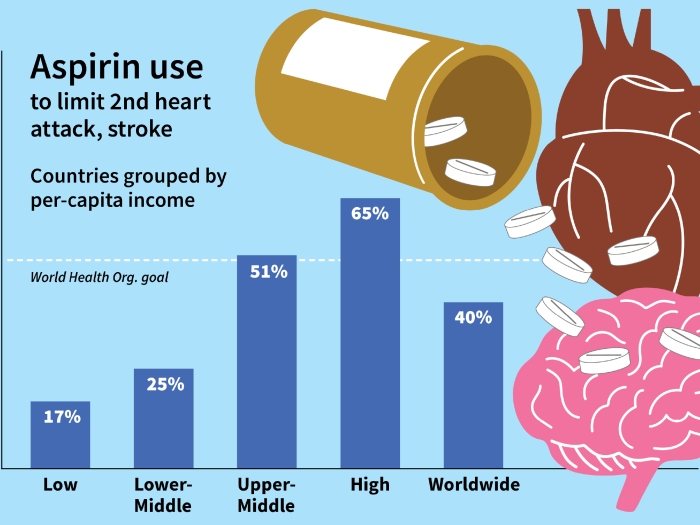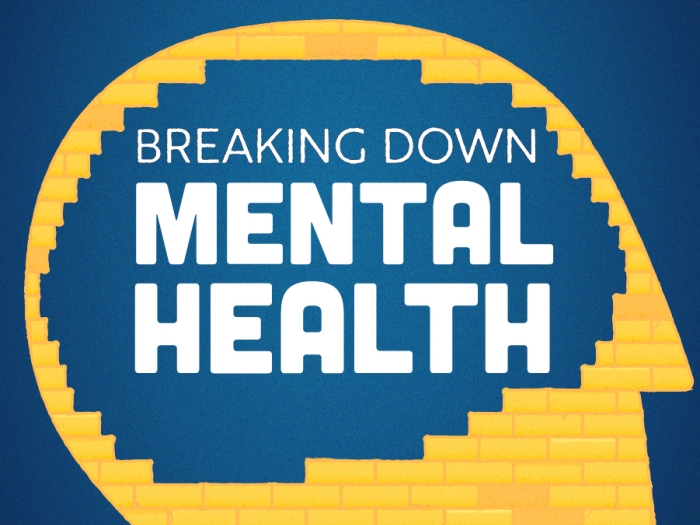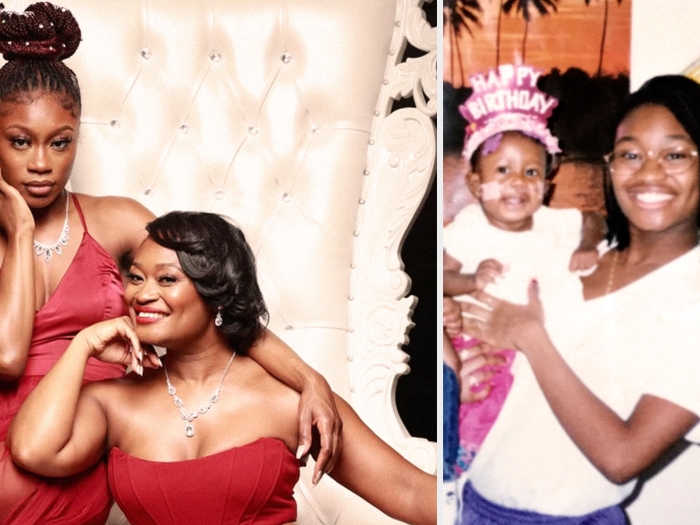It was a normal day for Jeff Zampi, M.D., who had spent most of it performing procedures to treat babies, children, adolescents and adults with congenital heart disease. And after wrapping up work at University of Michigan Health C.S. Mott Children’s Hospital, the pediatric cardiologist laced up his skates to hit the ice for a hockey game nearby in Ann Arbor: his Mott team was facing the Ice Cats. But by the third period of the match, Zampi found himself switching back to doctor mode.
Transcript
Host:
Welcome to the Michigan Medicine News Break, your daily destination for news and stories about the future of healthcare.
Host:
Today, doctor revised fellow hockey player after cardiac arrest during game. Fast action by pediatric cardiologists access to an AED, saved 47 year old father of three's life on the ice. It was a normal day for Jeff Zampi, MD who had spent most of it performing procedures to treat babies, children, adolescents, and adults with congenital heart disease. And after wrapping up after work at University of Michigan Health's CS Mott Children's Hospital, the pediatric cardiologist laced up his skates to hit the ice for a hockey game nearby in Ann Arbor.
Host:
His Mott team was facing the Ice Cats, but by the third period of the match, Zampi found himself switching back to doctor mode. After skating back to the center ice for the next puck drop, there was a call for help from the opposing team's bench. As he looked over the bench, he saw a player face down. He recognized the man's jersey, number 32. It was Greg Kowalewski, a family friend, a father of three. Their 12 year old sons play on the same hockey team and attend middle school together. Initially, Kowalewski seemed to have a pulse, but within 30 seconds it was gone.
Jeff Zampi:
That's when I jumped over the bench and started doing chest compressions.
Host:
Zampi said.
Jeff Zampi:
You go into war mode when someone's life is in danger.
Host:
Another member of the team ran to get an automated external defibrillator, commonly known as an AED, stored at the rink. Zampi quickly opened the medical device that can analyze the heart's rhythm and deliver electrical shocks if necessary, to help the heart reestablish an effective rhythm. Sure enough, Kowalewski's heart needed to be shocked. After another few minutes of chest compressions, the 47 year olds pulse returned. By the time the ambulance got there, nearly 20 minutes later, he was responsive and able to move his hands and feet.
Jeff Zampi:
It was scary. There were about 20 grown men standing there frozen and terrified. It was especially difficult to know who this person was, thinking of what I was going to tell his wife and kids.
Host:
Zampi recalled.
Jeff Zampi:
There was such a great sense of relief when his pulse came back. I feel fortunate I played a small role in getting him in the care he required. I'm also thankful that someone knew where the AED was, so we could use it in time. It absolutely saved his life.
Greg Kowalewski:
I got really lucky.
Host:
Kowalewski was excited to see Zampi at the winter game on December 1st, 2021. The doctor wasn't always able to attend, since he was often on call or working.
Greg Kowalewski:
I remember during warmup skating to the center of the ice to say hi and say, "And I'm happy you're here. This is going to be fun tonight."
Host:
Kowalewski said.
Greg Kowalewski:
I had no idea how happy I'd be that he ended up making it to that game.
Host:
Kowalewski says he felt a little off that day, feeling unstable on the ice, which was unusual having played hockey for nearly 37 years. And he couldn't catch his breath, but he blamed his asthma and sat down to rest.
Greg Kowalewski:
That's what things went from bad to worse. It was a feeling like I'd never had in my life, like someone was squeezing my chest and I couldn't get in the air. And I started to feel lightheaded and then things started looking all white around the edges.
Host:
He said. Next thing he knew, he was starting to wake up to people telling him he'd be okay.
Greg Kowalewski:
It was like out of a movie. All the sound came back in a rush, really loud and startling. I remember seeing Jeff over me and hearing him and one of my teammates encouraging me. My brother-in-law told me that my wife was on the way.
Host:
He said.
Greg Kowalewski:
I had no idea what had happened or how serious it was. Thank God, Jeff was there. Of all the times and places this could happen, I got really lucky.
Host:
Not until being in the ambulance did he realize he had a sudden cardiac arrest, a condition that's usually fatal within minutes. Kowalewski was admitted UM Health of Michigan Medicine and diagnosed with critical narrowing in the main artery to the front of his heart, the left anterior descending or LAD, among the most dangerous locations for a blockage. It was an unlikely scenario given Kowalewski age, active, healthy lifestyle, and having no history of heart issues. But stories like this, aren't uncommon, sudden cardiac arrest, the abrupt and unexpected loss of heart function in someone with or without heart disease is a major cause of death worldwide. It affects an estimated 300,000 to 450,000 people in the US every year and can impact children, adults of any age, if the right steps aren't taken right away, it's often fatal within minutes.
Host:
Cardiopulmonary resuscitation or CPR and AEDs, are critical tools to saving life during such cardiac emergencies, which is why Michigan Medicine has partnered with organizations like Project Adam. The organization named after a 17 year old, who had collapsed and died from sudden cardiac arrest, while playing basketball in 1999, helped schools and communities prepare for such events through advocacy for emergency plans, CPR training, and AED accessibility. Brett Wanamaker MD and interventional cardiologist at UM Health Frankel Cardio Center, who treated Kowalewski, recalls his own hockey coach suffering a cardiac arrest on the ice during a pickup game, when Wanamaker was a teen.
Brett Wanamaker:
Unfortunately, there was no AED in the arena and he couldn't be resuscitated.
Host:
Wanamaker said.
Brett Wanamaker:
The more widespread availability of AEDs makes a big difference for people who experience sudden cardiac arrest. In seeing how this impacted Greg and being able to play a role in his incredible story, have been really meaningful for me.
Host:
And Kowalewski wants the story to aid efforts that may help save other lives.
Greg Kowalewski:
This has been really eye opening. Until it happens to you, you may not think about things like CPR and AEDs. They can save someone's life and in a different circumstance, I may not have had a fighting chance.
Host:
Looking back, there were also signs something wasn't right, he says. He'd had shortness of breath during the last three hockey games, but just thought it was his asthma. Encouraging others to not ignore symptoms and always listen to your body. A perspective changed forever. Kowalewski spent two days in the hospital after undergoing a minimally invasive stent procedure to open his artery led by Wanamaker. He was sent home under orders to rest, stay on a heart healthy diet and continue heart medications. But he knows it could have been much worse.
Greg Kowalewski:
I didn't check any of the boxes for a likely candidate of a heart problem like this. And everyone told me that most people who came in for a cardiac arrest for, a LAD blockage, were in way worse shape.
Host:
He said.
Greg Kowalewski:
I've looked at the stats and it's rare to survive this outside of a hospital setting.
Host:
He credits the fast action from those around him, noting that at him and his wife, Tara, continue to joke with Zampi that, "We're not going anywhere without you." Kowalewski who does marketing for a Detroit software company, also isn't taking anything for granted these days, soaking up family time with Tara and children, Aaron, 16, Rowan, 14 and Declan, 12.
Greg Kowalewski:
It's such a scary thought to imagine what my family could have been going through, heading into the holidays.
Host:
He said.
Greg Kowalewski:
I cannot tell you how fortunate we feel, to live where we live and to be this close to a facility with such amazing caregivers. Every doctor, every PA, every nurse, every technician, they treated me so well. I always knew that I was in good hands. Something like this changes your perspective forever. I'm just eternally grateful.

Listen to more Health Lab podcasts - a part of the Michigan Medicine Podcast Network.





